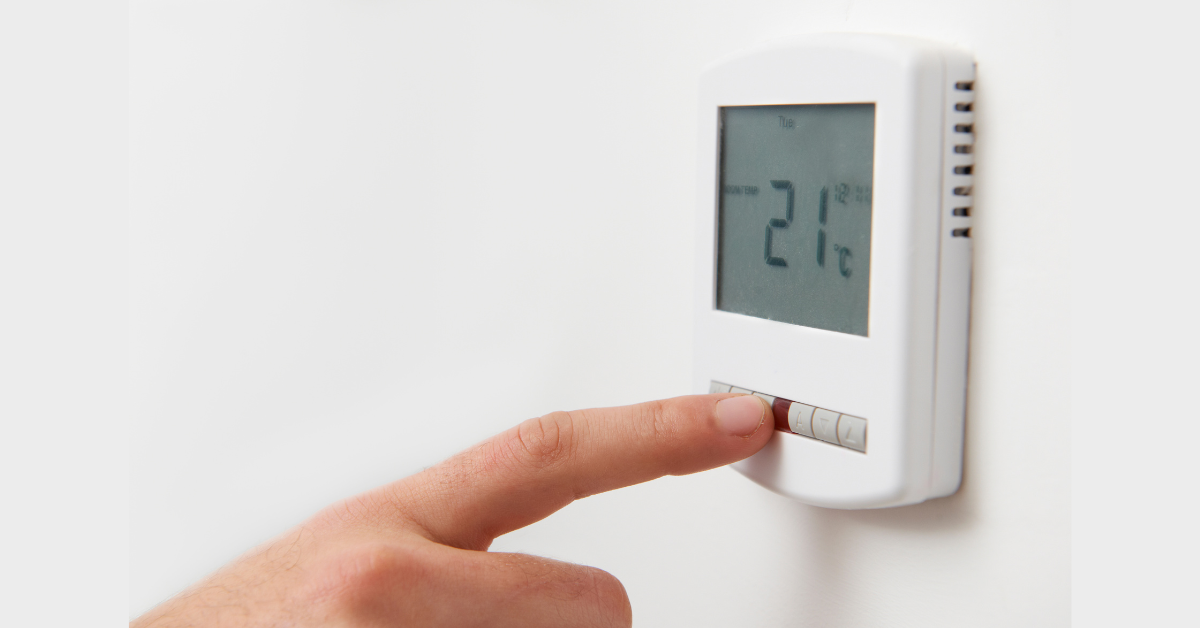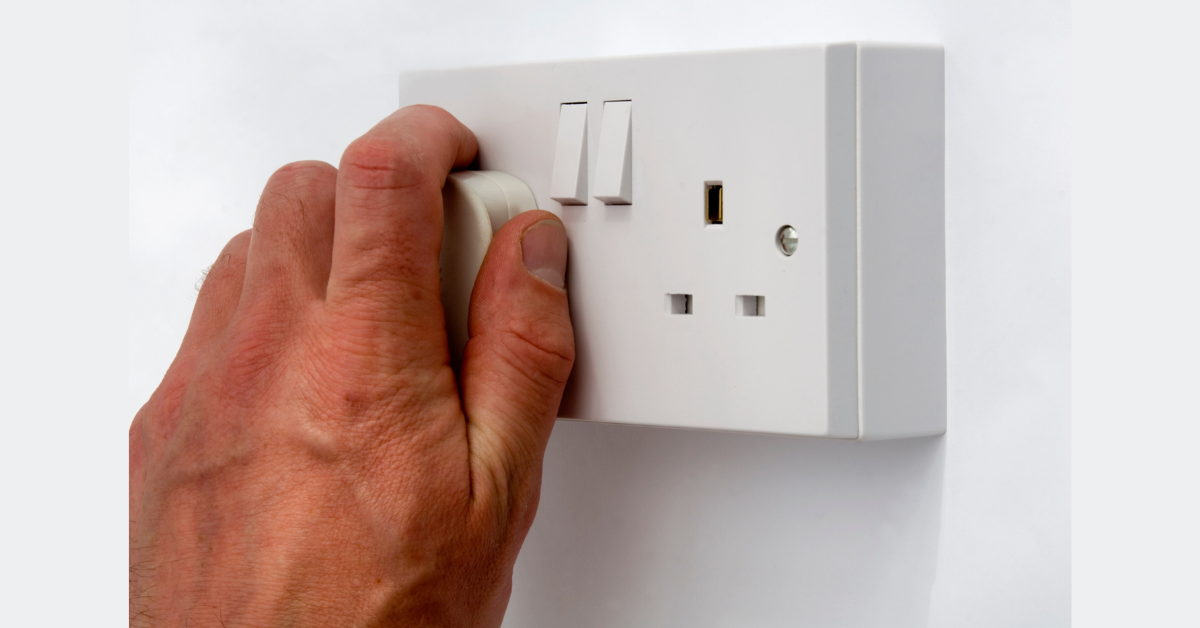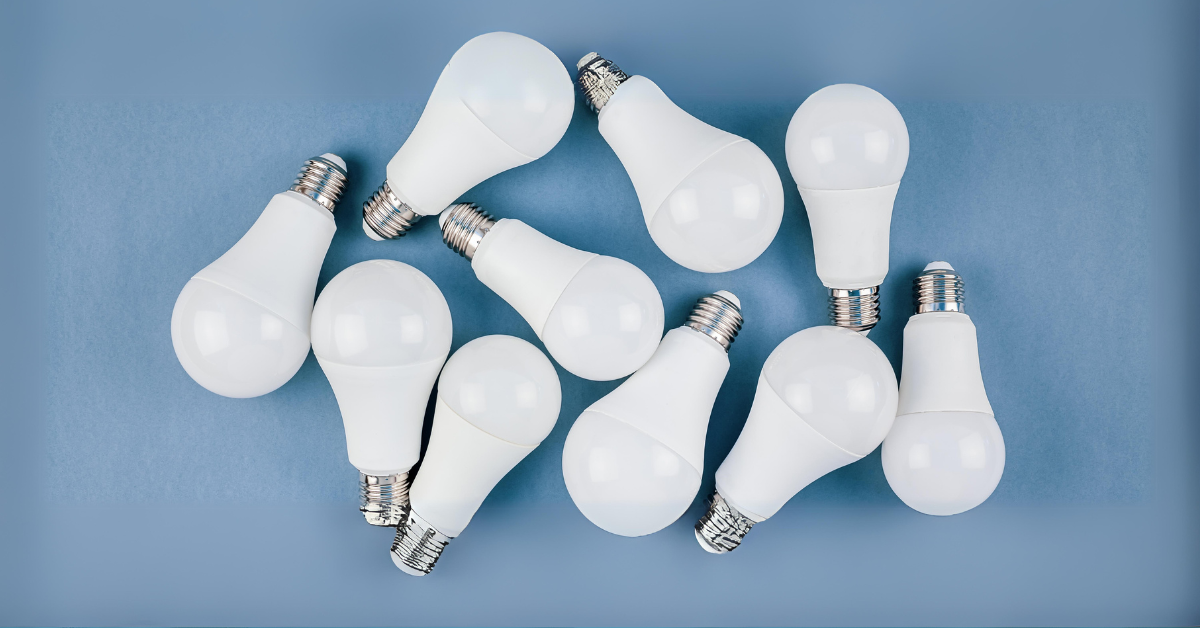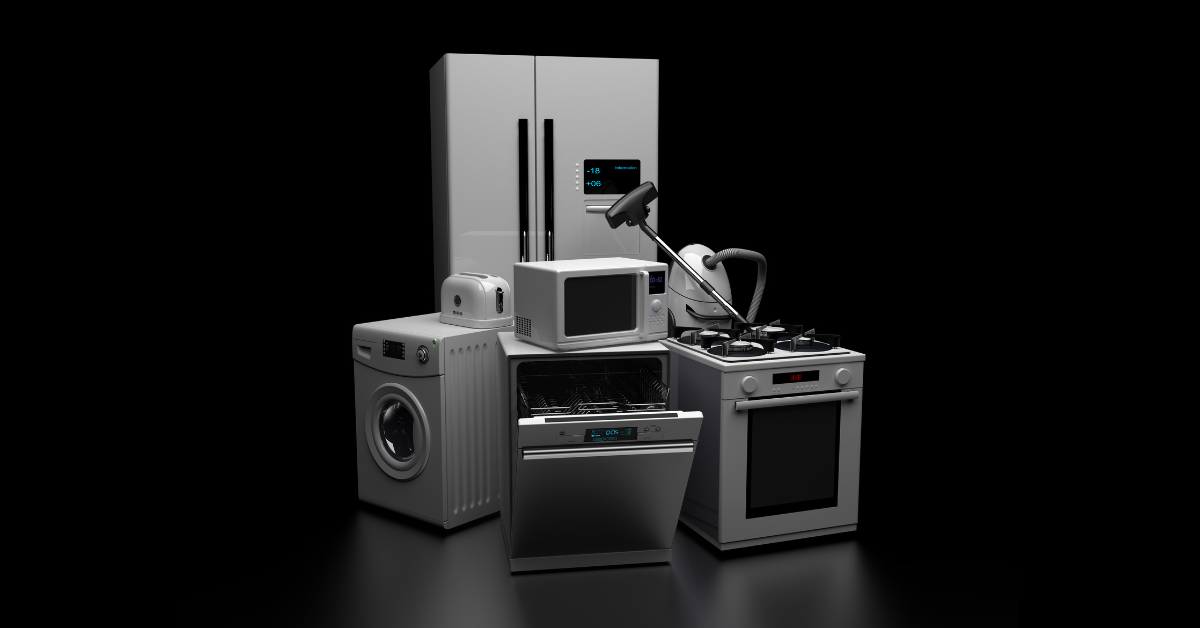Simple ways to lower your energy bills this season
As the temperatures change, energy costs tend to rise, but reducing your energy bill doesn’t require drastic changes or significant investments. Small, effective tweaks to how we use household appliances and manage energy can have a lasting impact. Here are six practical, easy-to-implement strategies to help you lower your energy bills this season, many of which relate directly to electrical appliances.
Optimize Thermostat Use and Switch to a Programmable Model


Heating and cooling account for a substantial portion of most households’ energy use, so managing your thermostat efficiently can significantly impact your overall costs. A simple way to save is by lowering your thermostat by about 7-10°F for at least eight hours each day - such as when you’re asleep or away from home - which can reduce heating costs by as much as 10%. If you’re ready to take your savings a step further, consider investing in a programmable or smart thermostat. These devices can learn your daily routine and adjust heating and cooling automatically, ensuring your home is comfortable only when you need it to be. With smart thermostats, you’ll not only benefit from reduced energy use but also from the convenience of automated, efficient temperature control.
Unplug Electronics and Use Power Strips


Many electronic devices continue to draw power even when turned off, creating what's known as "phantom load." This hidden energy drain can account for up to 5-10% of a household's energy usage. Using power strips for clusters of devices, like in your living room or home office, makes it easier to cut off power completely when electronics aren’t in use. You can turn off the power strip with one switch, saving you time and energy costs. Similarly, chargers for phones, laptops, and small kitchen appliances continue to pull energy when left plugged in, even if they’re not actively charging. Unplugging these or shutting off the power strip can help reduce unnecessary electricity use and make a noticeable difference in your bill.
Use Energy-Efficient Lighting


Lighting can account for around 10% of a household’s electricity use, so switching to energy-efficient lighting can yield immediate savings. LED bulbs are a popular choice, as they use up to 75% less energy and last about 25 times longer than traditional incandescent bulbs. Upgrading to LED lights is a quick and affordable change that can make a big impact on your energy bill. To save even more, consider installing motion sensors or timers on frequently used indoor or outdoor lights. These additions help ensure lights stay on only when they’re needed, offering another layer of energy savings without any extra effort on your part.
Run Appliances on Eco or Energy-Saving Settings


Many newer appliances come with energy-saving settings that reduce power consumption without sacrificing performance. Dishwashers and washing machines, for example, often have an “eco” or “energy-saving” mode that uses less energy and water. While these cycles may take slightly longer, they achieve the same results with less resource consumption, which translates to savings on your bill. It’s also helpful to avoid keeping devices on standby mode. Devices like TVs, gaming consoles, and computers still draw power in standby, so turning them off completely when not in use can add up to a noticeable reduction in energy use over time.
Use Appliances During Off-Peak Hours


Many utility companies offer lower rates for electricity during off-peak hours, so adjusting when you use energy-heavy appliances can result in real savings. Shifting laundry and dishwasher loads to the early morning or late evening, when demand for electricity is lower, can help reduce your bill, especially if your utility provider offers discounted rates for off-peak usage. Scheduling charging times for devices like laptops, phones, and electric vehicles during off-peak hours also reduces costs while easing demand on the electrical grid. This simple timing adjustment makes it easier to control your energy use without changing your routines too drastically.
Maintain Your Appliances for Efficiency


Keeping appliances well-maintained allows them to work efficiently, reducing energy use and extending their lifespan. For example, regularly cleaning the filters and coils on major appliances prevents dust and debris from accumulating and making them work harder. Small efforts to maintain your appliances go a long way toward keeping your energy use and costs lower.
By following these simple strategies, you can create a more energy-efficient home that provides comfort and warmth without stretching your budget. Small adjustments - such as sealing drafts, using energy-efficient lighting, or adjusting appliance usage - can lead to significant energy savings over time. These changes not only reduce your monthly energy bills but also lessen your home’s environmental impact by lowering overall energy consumption. Whether it’s as simple as unplugging electronics or as strategic as shifting appliance usage to off-peak hours, each effort adds up to a more efficient, cost-effective household. Embracing these energy-saving habits helps create a sustainable lifestyle that benefits both your wallet and the environment, offering you peace of mind all season long.
 Ellesmere
Ellesmere














